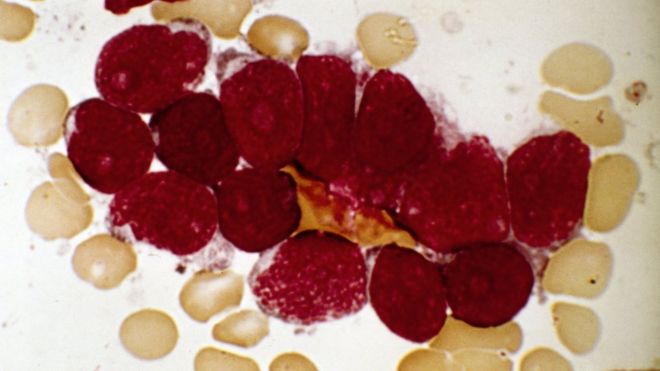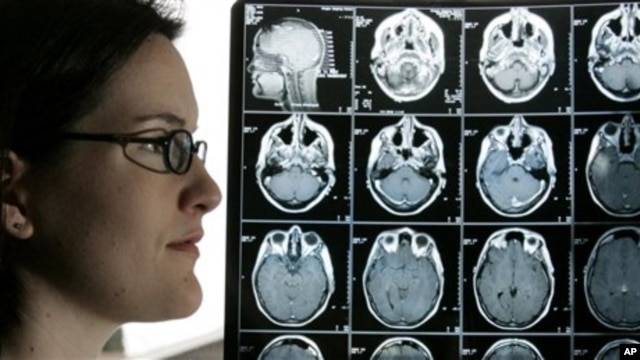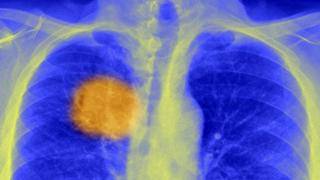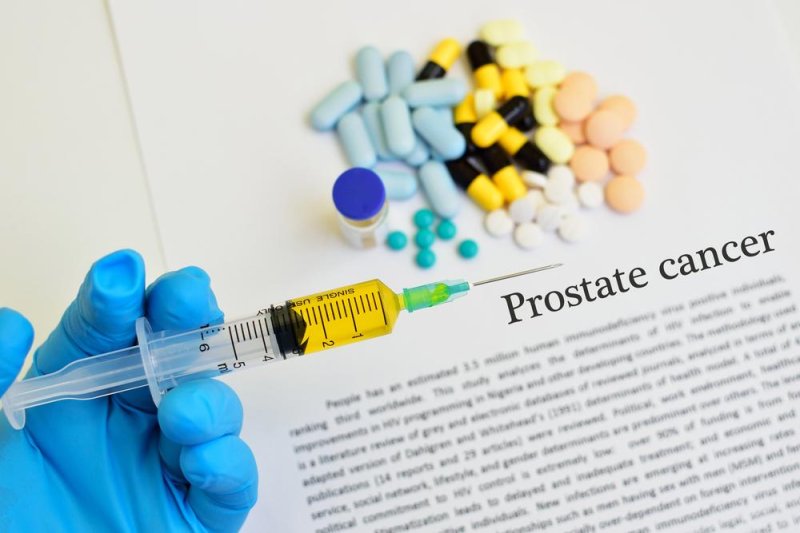
Billions of dollars spent on research and every time one turns around there's another report of a “major breakthrough” in eliminating cancer. Is this just another one of those?
A therapy that retrains the body's immune system to fight cancer has provoked excitement after more than 90% of terminally ill patients reportedly went into remission.
The full story is @ Excitement at new cancer treatment - BBC News
Is this the cure for cancer? Genetically modified blood turned into 'living drug' in stunning new therapy that hunts down and destroys diseased cells and prevents them from returning - possibly FOREVER. Read more: Stunning new therapy hunts down and destroys cancer cells






